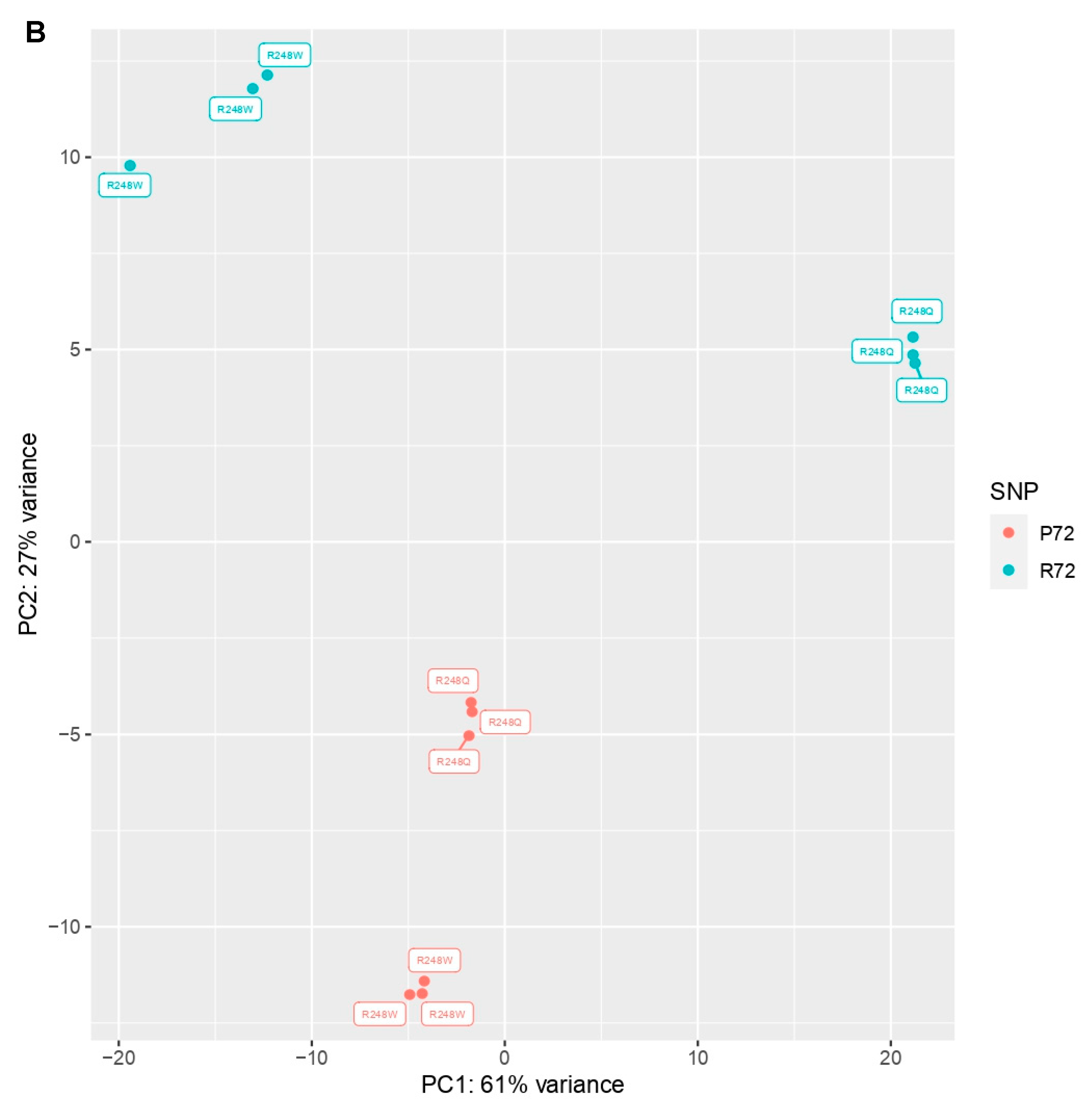


Pesticide exposure to bees is coupled between mothers and offspring because mothers mass–provision resources at the nest ( 22). We conducted an in-field cage experiment in which we exposed foraging adult solitary bees to insecticides (or not) across 2 y. We investigated the carryover effects of insecticide exposure on the performance of the solitary bee species, Osmia lignaria. Carryover effects had profound implications for population persistence and must be considered in risk assessment, conservation, and management decisions for pollinators to mitigate the effects of insecticide exposure. Exposure to even a single insecticide application can have persistent effects on vital rates and can reduce population growth for multiple generations. Repeated exposure across 2 y additively impaired individual performance, leading to a nearly fourfold reduction in bee population growth. Insecticide exposure directly to foraging adults and via carryover effects from past exposure reduced reproduction. Bees in flight cages freely foraged on wildflowers, some treated with the common insecticide, imidacloprid, in a fully crossed design over 2 y, with insecticide exposure or no exposure in each year. We investigated the effects of current exposure and the carryover effects of past insecticide exposure on the individual vital rates and population growth of the solitary bee, Osmia lignaria.

In addition to well-documented direct impacts of pesticides at the current stage or time, potential delayed “carryover” effects from past exposure at a different life stage may augment impacts on individuals and populations. Pesticides are linked to global insect declines, with impacts on biodiversity and essential ecosystem services.


 0 kommentar(er)
0 kommentar(er)
